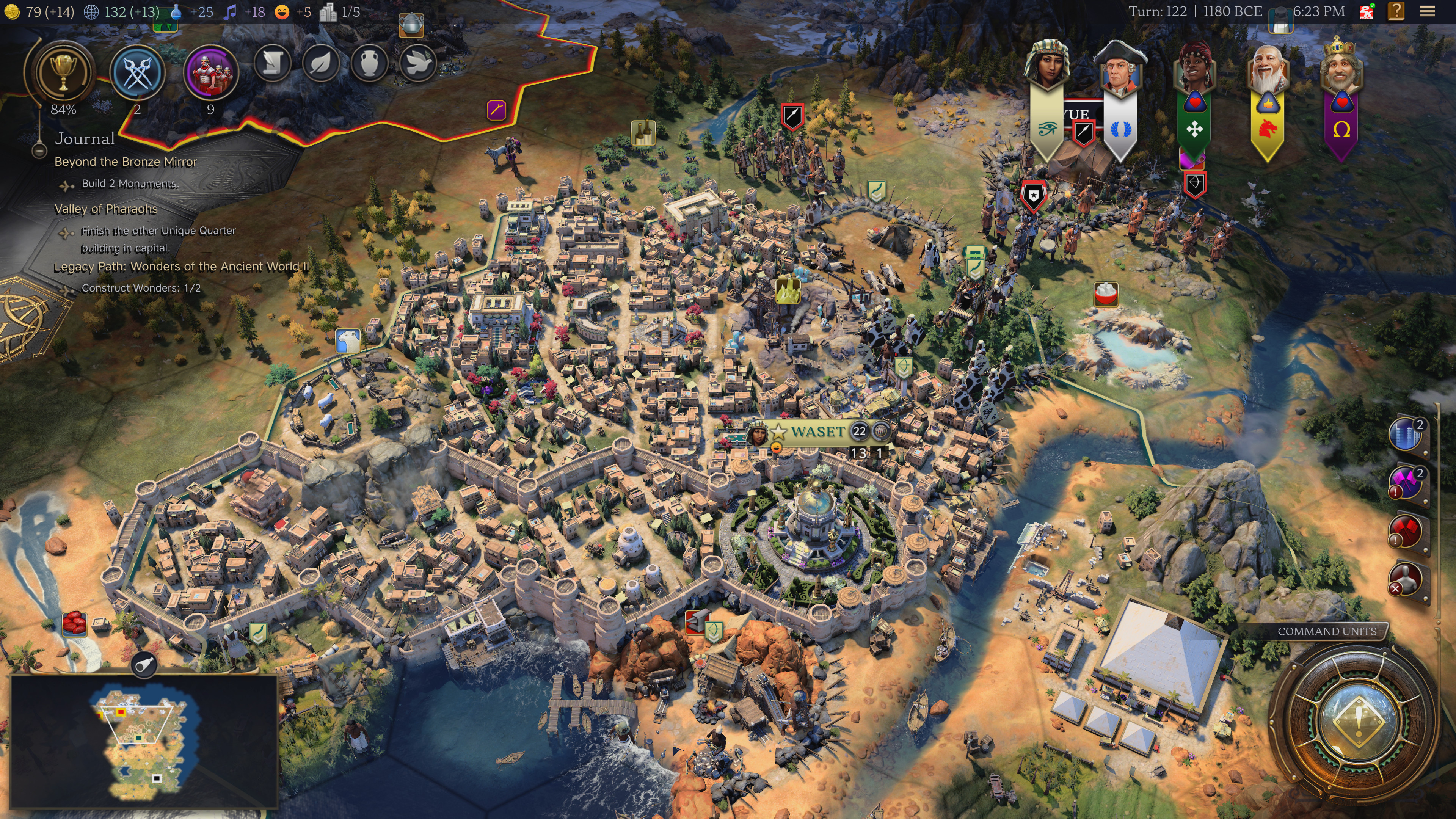Zoeff
Chieftain

Civilization 7 PC performance analysis: Playable on lots of systems but the late game will grind down whatever CPU you have
Don't be fooled by how well it runs when you first start playing.
Very interesting article. First time hearing of crashes and poor performance although the latter seems to be mainly because the ROG Ally is a handheld and doesn't have the same kind of power as a PC.
I'm leaving the exact FPS numbers and the GIFs out of this post to send some traffic their way.



 But for all the reviews on the net, the game was faulty. People often forget that tons of different codes run on a modern computer and software (games or otherwise) developers don't have control over everything. When a game doesn't run properly on some specific hardware, it's not always the game's fault.
But for all the reviews on the net, the game was faulty. People often forget that tons of different codes run on a modern computer and software (games or otherwise) developers don't have control over everything. When a game doesn't run properly on some specific hardware, it's not always the game's fault.